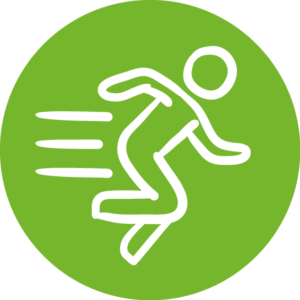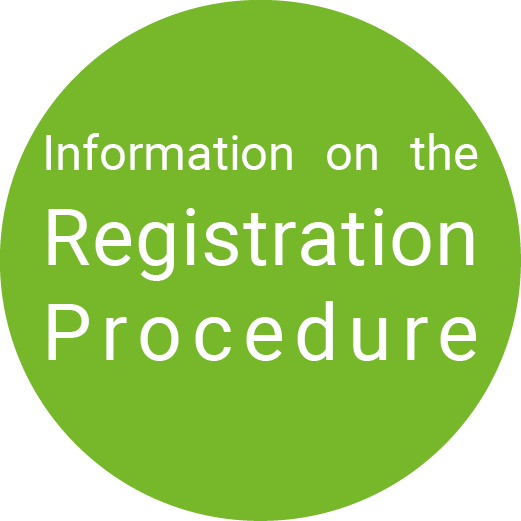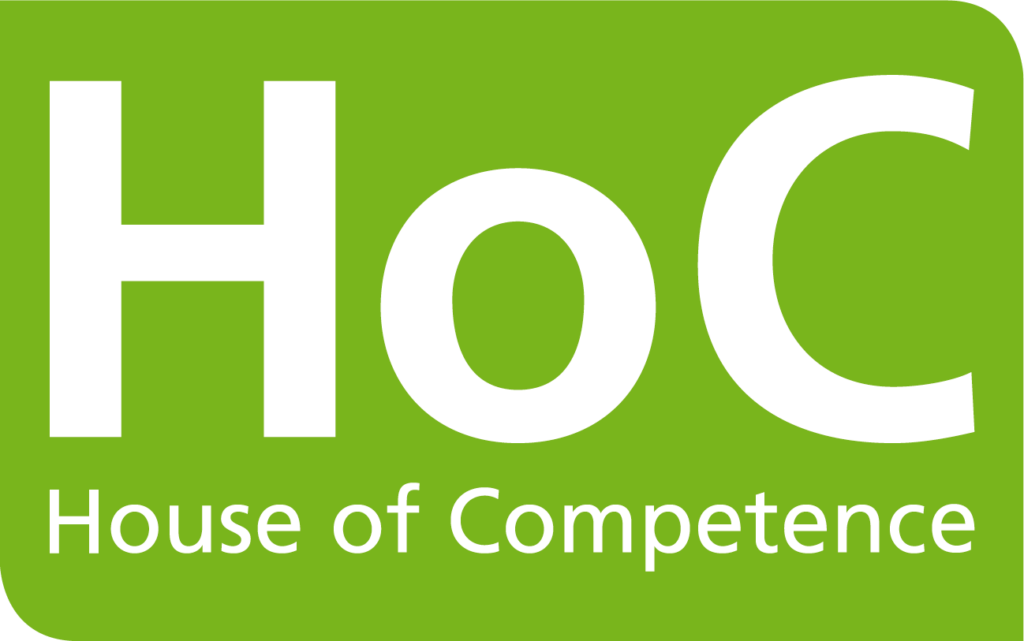Registration period lottery:
11.10.24 (12 noon) –
15.10.24 (12 noon)

If places are available – registration possible until: Currently not possible
Overview/goals:
Streaming series around the globe, vacations or internships abroad, gaming with people from all over the world, studying and working with people from different countries…the list of globalization phenomena in everyday life is almost endless. As close and familiar as contact with different cultures is to us, we are sometimes surprised when we suddenly feel misunderstood due to different cultural values, ideas and ways of doing things or ‘somehow just don’t understand’ our counterparts. This is not uncommon, especially in international cooperation.
In order to make your studies and professional life even more successful, it is helpful to study the similarities and differences between cultures. This gives us the opportunity to make profitable use of both similarities and perspectives on the world and to feel at home in the world.
Learning objectives:
- Understand cultures better (including our own).
- Knowing methods that contribute to understanding and a change of perspective.
- Know key terms and models in the field of interculturality and global competence.
- To be able to develop strategies for dealing with critical events.
Contents:
- Cultural perspective
- Cultural dimensions and standards
- Learning and working traditions in different cultures
- Direct and indirect communication style / high and low context communication
- “Culture shock”
- Dealing with critical situations
We will address these and many other topics in this interactive workshop. With the help of theoretical input, exercises, varied group and individual tasks, you will acquire the basics of global competence. Of course, there will be plenty of time for your questions!
Methods:
- Group exercises on intercultural communication
- personal exchange
- Discussions in small groups
- Discussion of case studies
Prerequisite for participation:
The workshop is open to all students and is especially recommended for participants of the International Buddy Program(https://www.intl.kit.edu/istudent/10402.php). They will be given priority for a place.
Workload for ECTS:
1 ECTS: active participation in the one-day workshop, prior completion of the corresponding online learning module on ILIAS (max. 8 h)
2 ECTS: Participants in the International Buddy Program have the opportunity to earn a second credit by completing a transfer task. The task will be announced in the course.
Lecturers:
Birgit Opielka Graduate social scientist, personnel and organizational developer, ProfilPASS consultant, mediator and systemic/ NLP coach, freelance trainer, lecturer and coach for various educational institutions, companies, organizations and institutions since 2005: Intercultural competence, gender mainstreaming, communication, conflict management, leadership and team development
Alexa Maria Kunz is a sociologist with roots in education. Through interdisciplinary and participative projects, she is at home in different work cultures. She deals with interdisciplinary education, university organization, student lifeworlds and methods of qualitative social research. According to the motto “knowledge increases when it is shared”, she is looking forward to interactive events about (qualitative) research and the question of how projects and collaboration can be successful and enjoyable. At the HoC, she heads the methods lab and is deputy managing director.
31.01.2025 10:00 Uhr – 31.01.2025 18:00 Uhr (11.40 Seminarraum 214)


